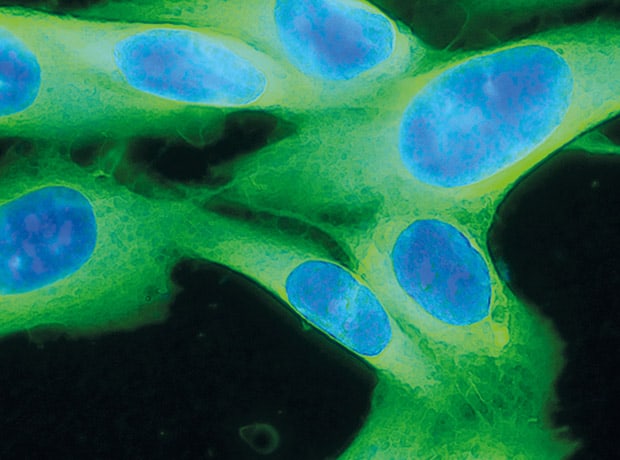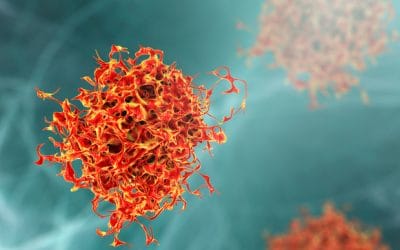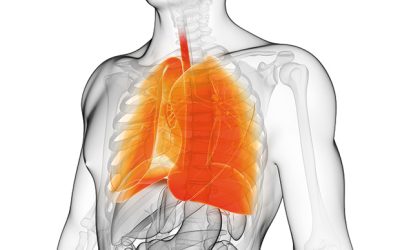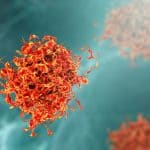Researchers from the Institute of Cancer Research (ICR) have revealed a new type of targeted immunotherapy to help prevent the growth and spread of tumours in breast cancers.
Published in the Journal for ImmunoTherapy of Cancer, the new research was funded by Breast Cancer Now.
Responsible for around 47,000 new cases in England every year, breast cancer is a disease that occurs when cells in the breast grow out of control.
The new research reveals a new immunotherapy approach that targets a protein known as endosialin to disrupt the tumour’s blood supply and prevent its growth and spread.
Most commonly used to treat cancer, immunotherapy works to help the body’s immune system recognise and eliminate cancer cells.
The new treatment approach does not target cancer cells directly but instead attacks the cells that support the disease.
Using a type of immunotherapy known as CAR-T therapy, which removes patients’ healthy immune cells and genetically modifies them to attack specific targets, researchers based at the ICR’s Breast Cancer Now Toby Robins Research Centre directed CAR-T cells to cells surrounding the tumour’s blood supply, which produce endosialin protein.
In experiments with mice, researchers found that targeting endosialin reduced the growth and spread of breast cancer.
The team then tested the treatment on lung cancer tumours in mice and saw similar results, which suggests that patients with other types of cancer could also benefit from this new treatment.
Additionally, researchers discovered that the CAR-T therapy did not disturb cells without endosialin, which indicates that this approach could work as a cancer-specific treatment with potentially fewer side effects for patients.
Researchers are currently further developing this treatment approach to be tested in clinical trials.
Dr Frances Turrell, study co-leader and postdoctoral training fellow in the division of breast cancer research, ICR, said the study “demonstrates the effectiveness of using endosialin-directed CAR-T cells to reduce breast cancer tumour growth and spread” to “develop a more effective and targeted treatment for breast cancer”.










